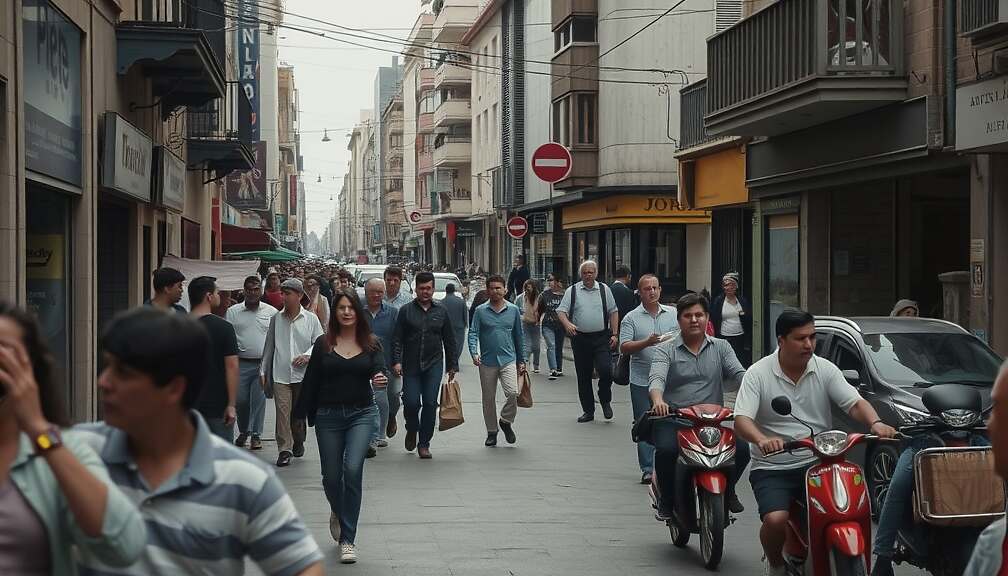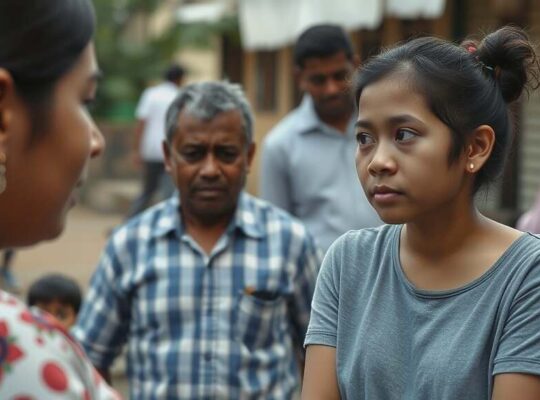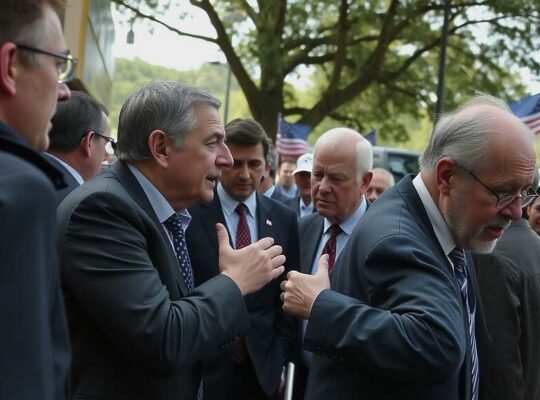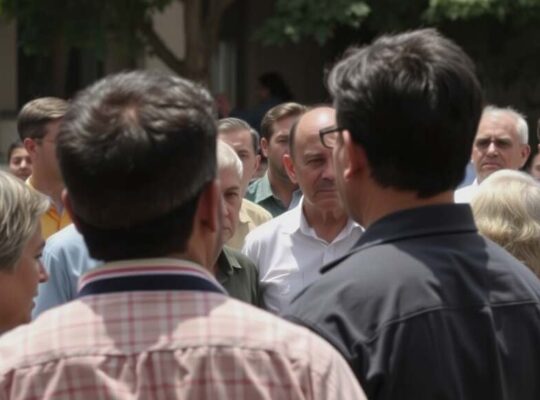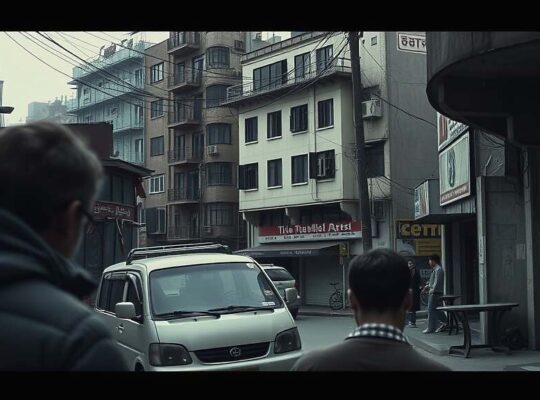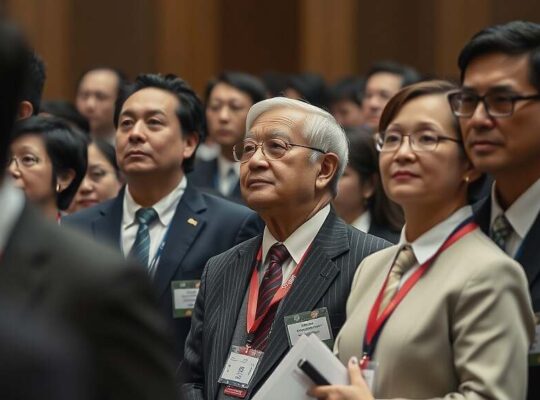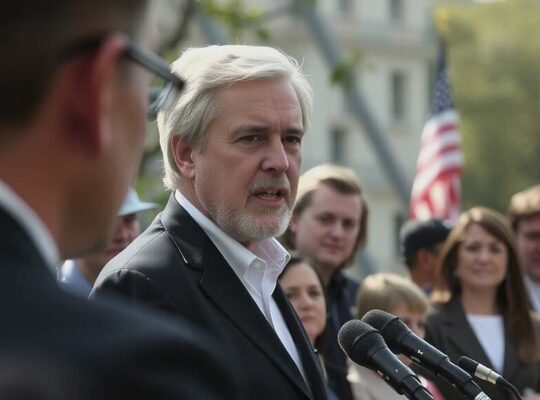The results of Argentina’s midterm elections have delivered a resounding victory for President Javier Milei’s “La Libertad Avanza” party, signaling a potential consolidation of his radical libertarian agenda and raising questions about the long-term sustainability of his policies. With approximately 41% of the national vote, Milei’s party surpassed the traditional powerhouse of the Peronist alliance, which secured 32%, defying pre-election polls that suggested a closer contest.
These elections, representing a significant portion of the parliamentary seats, were widely viewed as a critical litmus test for Milei’s presidency, particularly given the intense scrutiny and protests his administration has faced. The unexpected strength demonstrated by “La Libertad Avanza” even in the historically Peronist stronghold of Buenos Aires province, underscores a shifting political landscape and may embolden the president to accelerate his controversial reforms.
Milei hailed the outcome as a pivotal moment for the nation’s reconstruction, vowing to “intensify” the reform trajectory over the next two years to secure sustained growth and propel Argentina toward recovery. His agenda, described by the president himself as a “shock therapy” approach, has involved sweeping measures including ministerial closures, public sector layoffs, subsidy eliminations and cuts to social programs.
While acknowledging initial progress in curbing inflation and stabilizing the state budget, the implementation of such drastic changes has not been without its detractors. The immediate aftermath of Milei’s policies saw a rise in poverty rates, a trend that official statistics now claim to be reversing, though independent verification remains contentious. Critics argue that the rapid dismantling of social safety nets, while potentially beneficial in long-term fiscal terms, risks exacerbating social inequalities and creating instability.
The victory for Milei’s party raises important questions regarding the depth of public support for his unconventional strategies and the potential for political backlash. While the results indicate a clear mandate for his vision, the ongoing social and economic challenges confronting Argentina suggest that the road to recovery will be fraught with complexities, requiring a more nuanced approach than purely ideological reform. The strengthened parliamentary position now allows Milei to press forward, but the true test lies in the ability to navigate the inherent complexities of economic transformation while safeguarding the wellbeing of Argentina’s populace.


